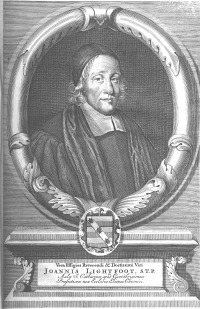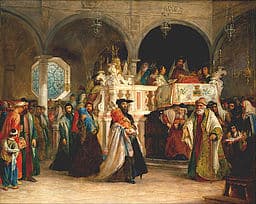A look at the ancient Jewish rite of instruction in Hebrew with an immediate translation into Aramaic or local vernacular. How it potentially impacted the earliest Corinthian assembly and how this rite evolved in the church.
The tradition of Jewish instructors speaking in Hebrew lasted for centuries. It is no longer practiced in synagogues today but was an important function in Judaism around the first-century. This little-known practice had an important part to play in the Jewish identity, and as will be shown, was a factor in the tongues conflict in Corinth.
In order to better explain this practice and make an association with the Corinthian gathering, we must go into ancient Jewish literature and examine citations from a number of prominent Jewish authorities. For those not familiar with Jewish writings outside the Bible, their observations are obscure on the first read and takes some contemplation.

